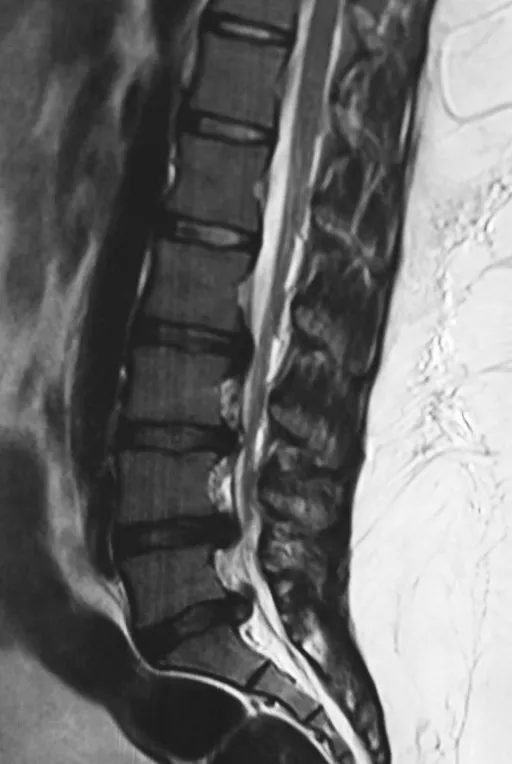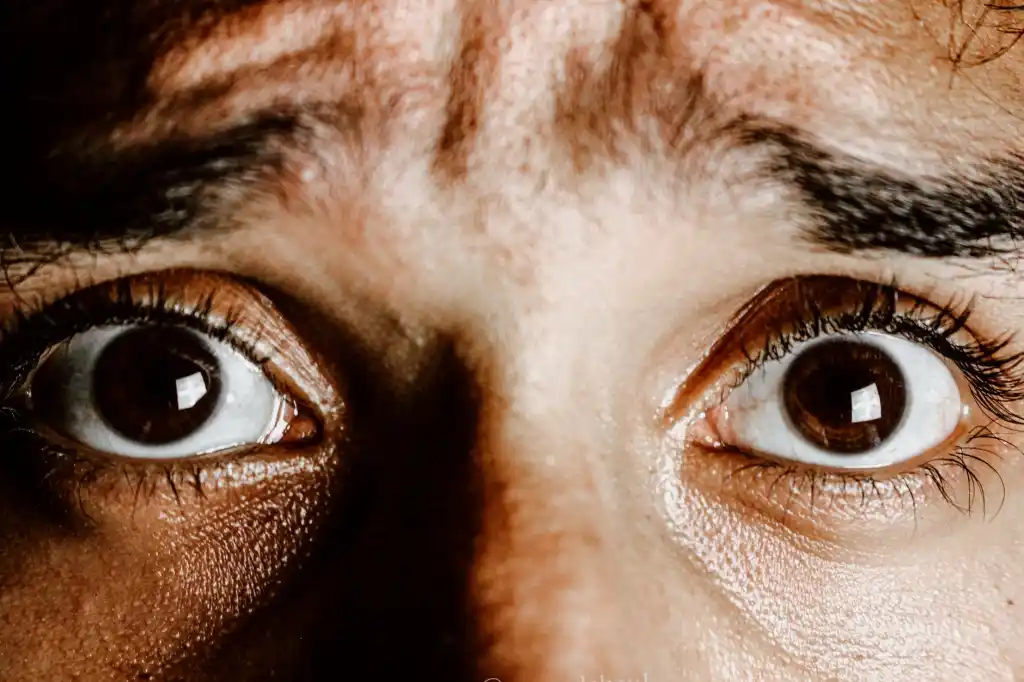MRI imaging of the spine is an important tool to diagnose and treat spinal disorders. It has tremendously changed the way we understand the disorders of the spine. So, the MRI imaging of the spine is the most important investigation that helps us treat each individual patient.
It is a highly sensitive imaging technology that can highlight minute changes in the spine. It helps us diagnose the dangerous diseases like infections or tumours in an early stage.
The discs in the spine are the usual structures that start undergoing the degeneration (natural ageing). The facet joints and the adjacent bones (vertebrae) also develop certain changes due to degeneration. The natural ageing process in the discs starts with certain molecular changes in the centre of the disc. There is a loss of glycoproteins resulting in loss of its ability to retain water molecules in the nucleus of the disc. This alters the biomechanics of the disc and leads to further wear and tear changes.
Almost all of us have some amount of these changes happening in our spines. Genetic background is the main determining factor that affects the pace and severity of the degeneration in each individual.
MRI shows all these changes and the severity at each level of the spine.

The MRI is very good in showing the natural age related wear and tear changes that happen in the spine. Most adults will have some degree of these wear and tear changes in their spines without any symptoms. The treating Spine physicians know what to look for and understand the significance of the degenerative changes seen. But some of the patients may consider each and every word on the report as a problem/disease. More commonly, the anxious personalities very concerned about their health, may get very stressed about these words.
Medico-legally, the radiologist is obligated to mention the degenerative changes and any other abnormalities that they observe on the scan.
Reports often mention words like “disc bulge”, “degeneration”, “disc desiccation”, “dehydration of the disc” very commonly. Other phrases include “herniation or prolapse”, “nerve root compression”, “spinal cord compression”, etc. Often, patients get worried when they read these terms in their MRI report. Some of them panic and undergo undue mental stress. This actually amplifies the effect of existing symptoms and can affect the treatment as well. In some cases, the anxiety regarding the MRI findings is more dominant symptom than the actual problem. Sweaty palms, shivering hands, shaky voice, feeling of impending doom, extreme fear about doing daily routine activities and future. There have been patients who have quit their jobs as they couldn’t continue to work in such a state of mind! In some instances, patients may have undergone an unnecessary surgery on the spine based on the MRI reports and amplified symptoms due to fear.

So, the MRI of the spine is a useful tool to diagnose spinal problems as well as assess the age related changes. But it can also make the problem worse by creating undue stress in the patients by revealing pre-existing age related changes. Many of these findings may not even be the reasons for their symptoms.
Judicious use of MRI of the spine should be encouraged amongst the physicians and surgeons treating spinal problems. There needs to be a specific purpose for ordering an MRI scan. In presence of clinical suspicion of a serious condition or significant neurological lesion, or in patients with persistent symptoms despite treatment, or in presence of atypical/unexplained clinical features MRI of the spine may make a difference in the further management. Informing the patients in advance about what the report might show, regarding the natural age related changes will help them understand and accept. 70-80 percent of adults without any spinal symptoms have MRI changes in their discs similar to symptomatic patients. Educating the patient and the relatives about the basic MRI findings and reassuring them about the degenerative changes is a must while recommending the treatment options. When the patients understand that the age related changes are universal and that all of us in adult age group will have certain degree of degeneration that shows up on the MRI, they are more at ease with the findings on the report. Patients must refrain from googling the words mentioned in the MRI reports. Internet searches often lead to misinterpretation. It is always better to discuss the report in detail with your Spine Specialist and clear all your concerns.

With years of experience in spine surgery, Dr Phani Kiran S, Senior Consultant Spine Surgeon will assess you and suggest the treatment option that is right for you.
We at Medspine clinics, understand the importance of educating all our patients about the spinal problems and the most effective ways to take care of their spine.
The Ortho Clinic: Monday, Wednesday, Friday, Saturday.
Ojas Health: Tuesday, Thursday
© Copyright 2024 MedSpine. All Rights Reserved. Build with 🤍 by Digital GYB
WhatsApp us